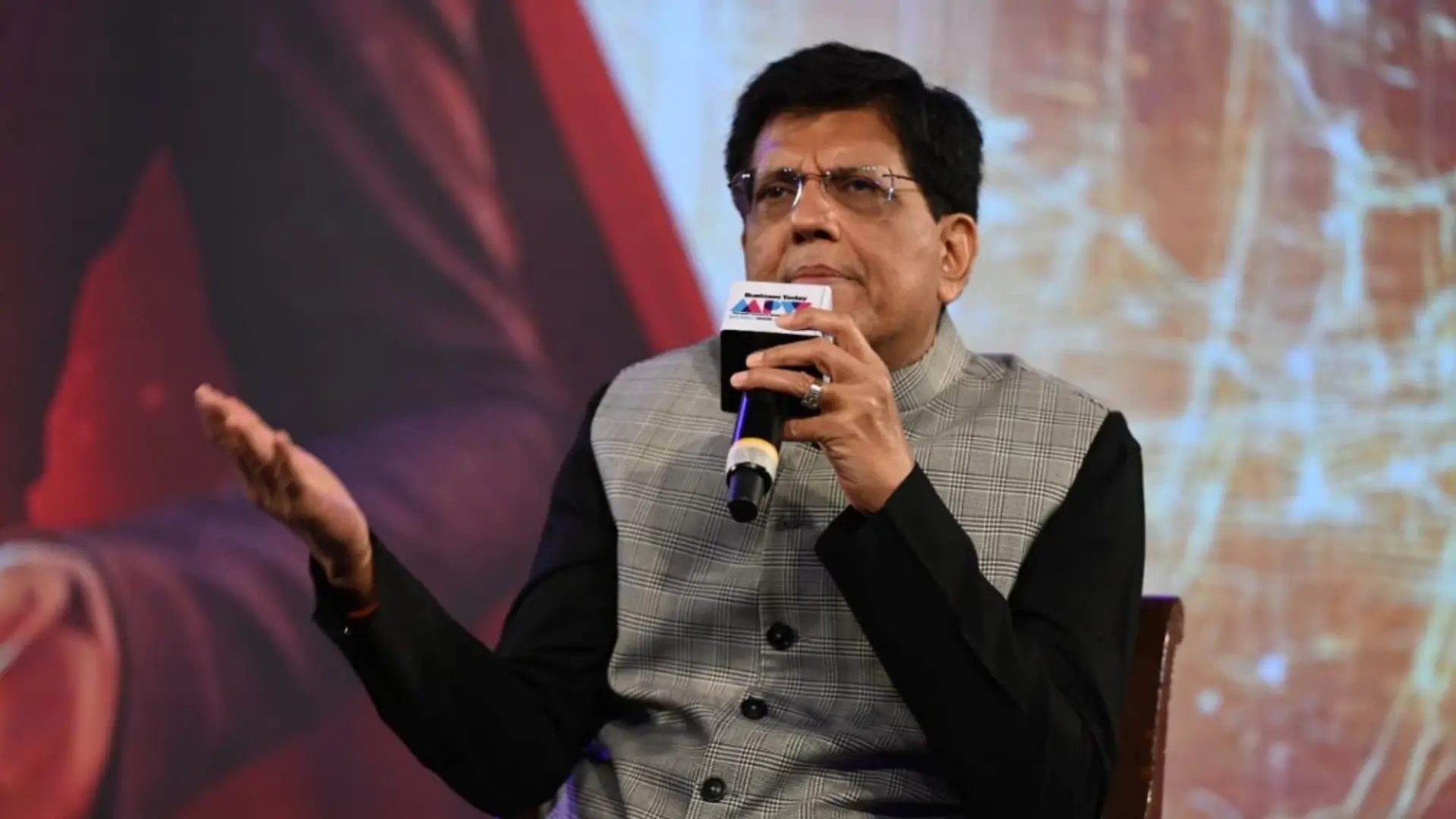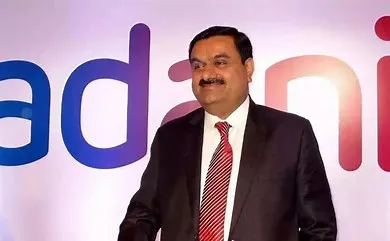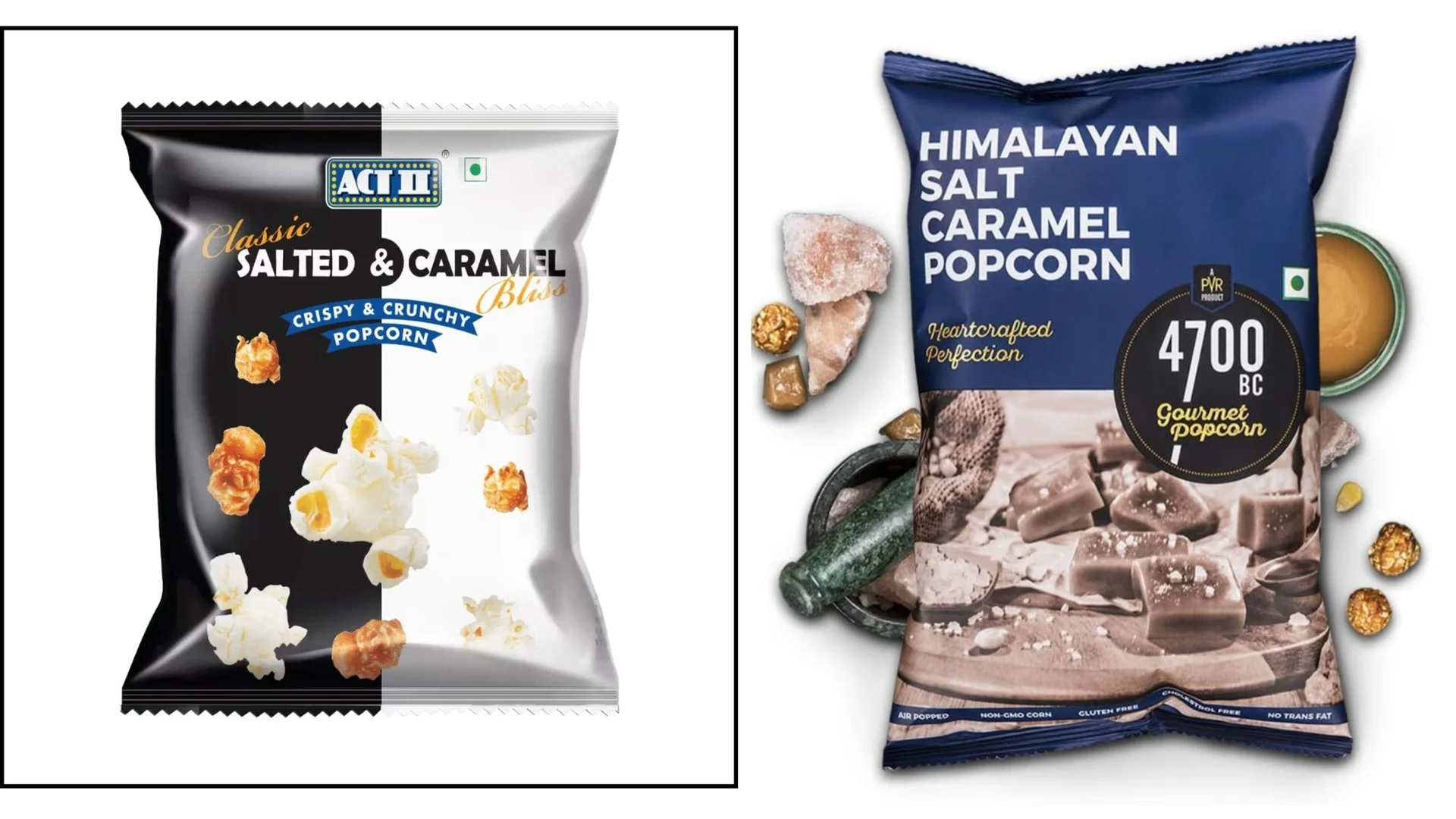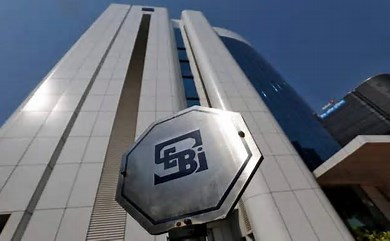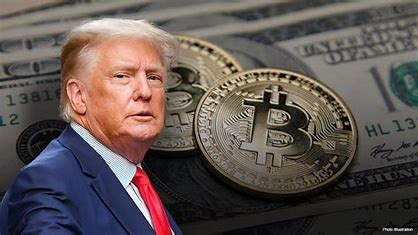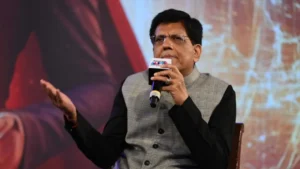Union Minister Piyush Goyal has criticized the idea that food inflation should influence the Reserve Bank of India’s (RBI) interest rate decisions, describing it as an “absolutely flawed theory.” Speaking at a CNBC-TV18 event in Mumbai, Goyal argued that food inflation is primarily driven by supply and demand factors, not monetary policy, and should not factor into decisions on interest rates.
“I believe it’s a flawed theory that food inflation should be considered in setting interest rates. It has nothing to do with managing inflation, which is a demand-supply issue,” Goyal said. He clarified that his views were personal and not the government’s stance, suggesting that policymakers should engage in broader discussions with external economists to assess the role of food inflation in the inflation-targeting process.
Goyal emphasized that the factors affecting food inflation differ significantly from those influencing core inflation, implying that different strategies are needed for each.
In response, RBI Governor Shaktikanta Das, who spoke after Goyal, acknowledged the risks of inflation, including those posed by food prices, but refrained from commenting directly on Goyal’s call for a rate cut. When asked about the possibility of reducing interest rates, Das deferred his response until the RBI’s next monetary policy review in December.
“We’ll reserve comments for the upcoming monetary policy,” Das said, adding that while a “soft landing” had been achieved, risks to inflation and economic growth remained. He highlighted global conflicts, commodity price fluctuations, and climate change as persistent inflationary pressures.
Despite Goyal’s comments, Das chose to focus on India’s economic resilience. He noted that while inflationary pressures may periodically resurface, India’s growth remained strong, supported by both RBI and government efforts to manage inflation, including measures to curb food price increases.

